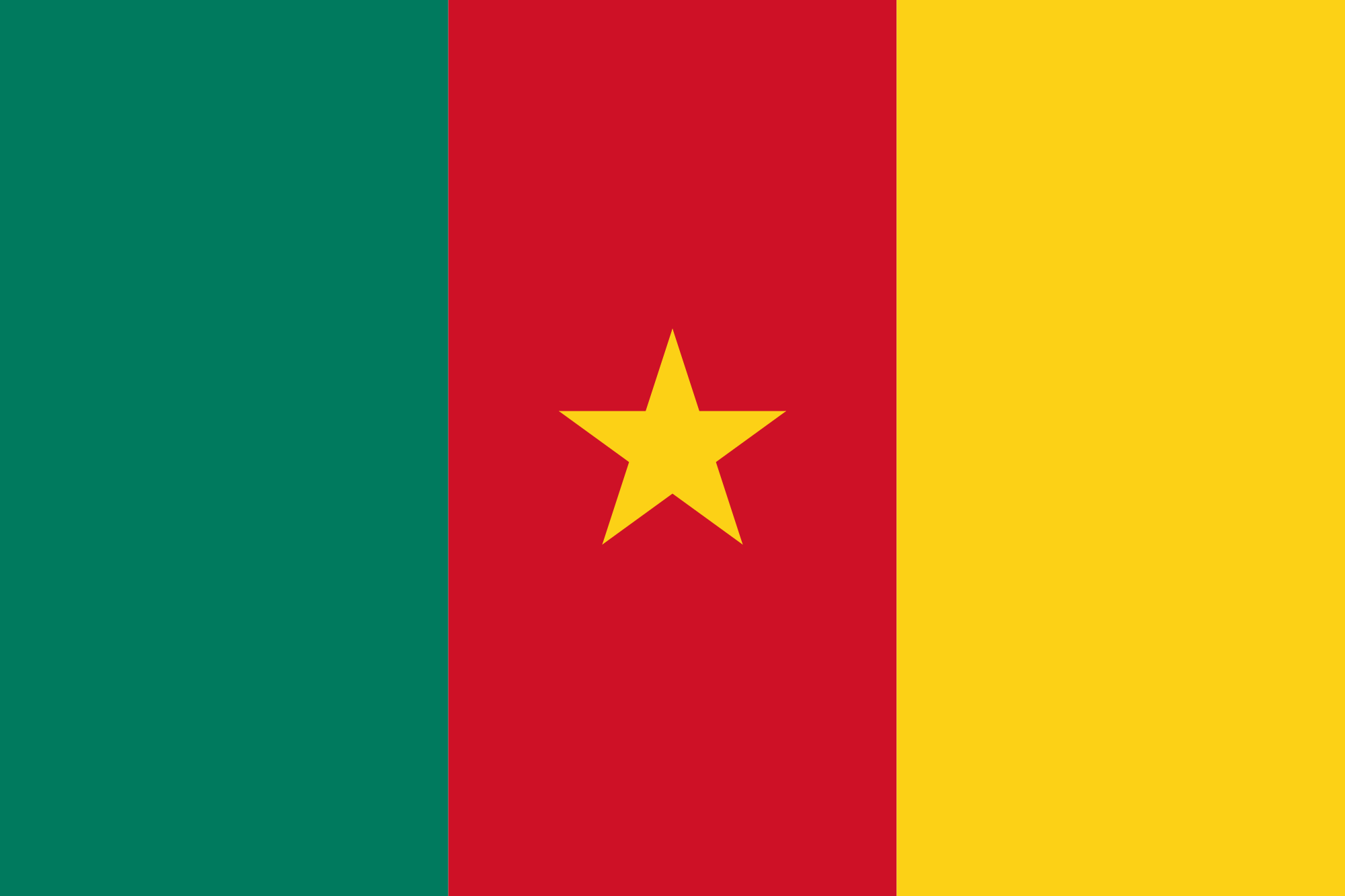


| Official name | Republic of Cameroon |
|---|---|
| Political capital | Yaoundé |
| Local currency | Franc CFA |
| Official languages | French English |
|---|
Because of its modest oil resources and favourable agricultural conditions, Cameroon has one of the best-endowed primary commodity economies in sub-Saharan Africa. Still, it faces many of the serious problems confronting other underdeveloped countries, such as stagnant per capita income, a relatively inequitable distribution of income, a top-heavy civil service, endemic corruption, and a generally unfavourable climate for business enterprise. New mining projects - in diamonds, for example - have attracted foreign investment, but large ventures will take time to develop.
The government of Cameroon has been among the firsts to promote inward FDI, by establishing the Investment Code Nr. 90/7 on the 8th November 1990. Private property is recognized and processed and semi-processed products are exempt from export tax and insurance costs.
Investment opportunities:
Primary Sector: coffee, cocoa, cotton, rubber, bananas, oilseed, grains, cassava (manioc); livestock; timber.
Secondary sector: petroleum production and refining, aluminium production, food processing, light consumer goods, textiles, lumber, ship repair.
Tertiary sector: there is a major development in tourism, accompanied by easing bureaucratic measures.
Renewable energies: Cameroon is interested in developing projects for the production of biogas from animal waste, and other projects in the photovoltaic, wind and geothermal sectors. Also, there is a need for technology transfer to the rural sector, as well as treatment of domestic waste, and the development of brick production with eco-compatible techniques.